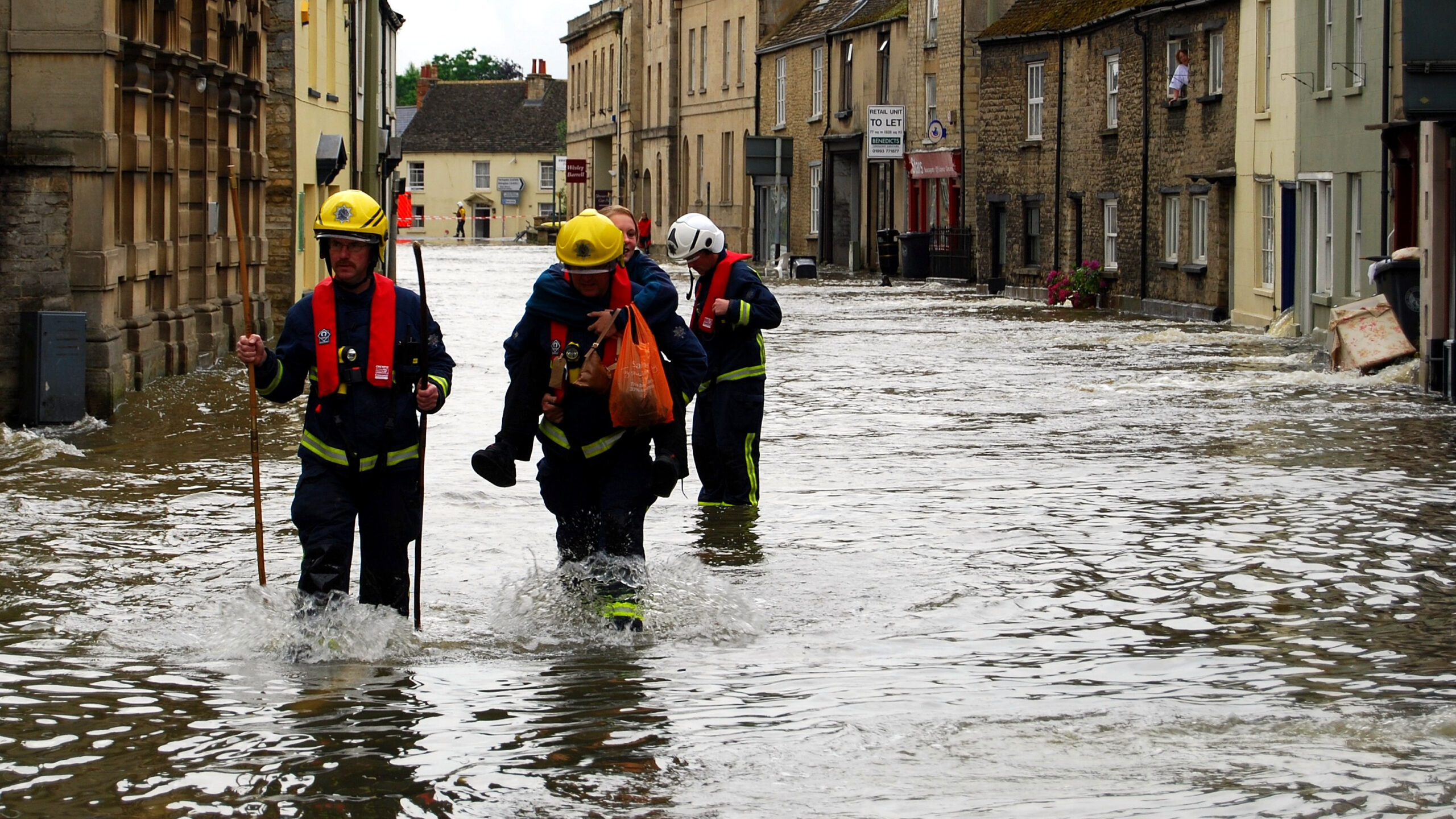Extreme weather, a vanishing coastline and struggling wildlife – the impact of climate change at home is impossible to miss.
Within the next few years, Britain could experience 40°C summers, relentless flooding and more frequent storms due to climate change. Without immediate action, the threat of extreme weather becomes inevitable.
Humans are “unequivocally” causing sudden, rapid change to the climate, a report by the Intergovernmental Panel on Climate Change has found. Published last August, it states the impacts are already being felt and are “irreversible”.
A study from the Met Office and climate scientists published last year found British weather has become more extreme. 2020 was the first year to feature in the top 10 years for temperature, rain and hours of sunshine.“The UK’s climate is already changing”, said Mike Kendon, lead author of the study. “As it continues to warm, we are going to see more and more extreme weather such as heatwaves and floods”.
In the last 30 years, the average temperature of Britain has risen by almost a degree. In 2019 temperatures in Cambridge reached 38.7°C during one of three heatwaves that summer. They caused 892 deaths across the UK.
Average rainfall continues to rise, and over the past 14 years, Britain experienced 51 instances of flash flooding. Damage and disruption from flooding cost the government £2.2 billion annually. Despite multi-billion pound investment, a report by Bright Blue, a UK ThinkTank, found the government unprepared for more frequent and extreme floods in the future.
Britains seas are rising faster every year and are currently at their highest level since 1901. The rate of sea-level rise has doubled since the start of the last century, leaving 3000km of coastline at risk.
Rising sea temperatures are intensifying our storms with devastating consequences. Storm Arwen hit the UK last November, bringing almost 100mph winds with it that toppled power lines and leaving over one million homes without electricity. Thousands didn’t have their power restored for over a week.
Nature itself appears confused by the rapid changes to our climate, causing spring to roll around earlier each year. The chief executive of the Woodland Trust, Darren Moorcroft, said: “If a species is becoming out of sync that potentially leads to a breakdown within food chains, and subsequently species struggling not only to survive but thrive.”






